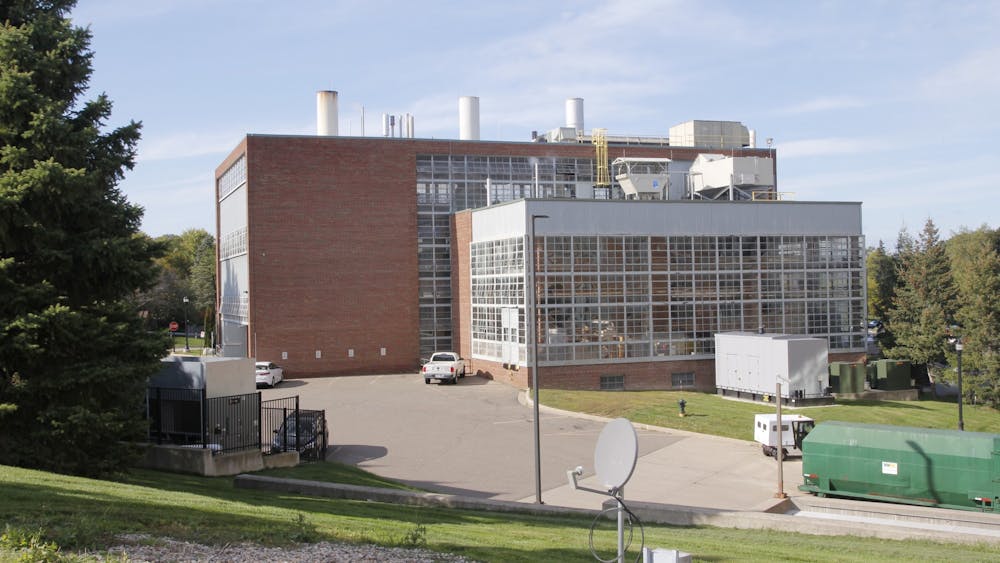Often times, Republicans point to cities like Detroit and Stockton, both of which have filed for Chapter 9 bankruptcy, and link their disarray to the Democratic administrations that control them. Urban politics are complicated, and those cities’ problems have more to do with the Great Recession than the party which controls them.
But so far as Republicans try to make that connection, they also have themselves to blame. The Republican Party has ceded control of America’s cities to the Democratic Party and continually fail to run competitive candidates.
In Washington D.C., Muriel Bowser – the winner of the Democratic primary – is expected to be the winner in the general election. An independent candidate has more of a chance of an upset than the Republican candidate despite our two-party system.
Much of this has to do with demographics. Cities are ethnically diverse areas typically. This diversity does not lend itself to a party which has made white homogeny all but a campaign tactic. Detroit, Mich. is 82.7 percent black according to the American Community Survey. San Antonio, Tex. is 54 percent Hispanic. And Newark, N.J. is 35.2 percent Hispanic, and 27.2 percent Asian.
Seven of the 15 most populous American cities are areas where people of color are the majority.
In fact, 62 percent of Americans live in cities and that number is only expected to increase. Republican candidates lack appeal in urban areas, and this is reflected in presidential elections as well. A look at vote totals divided by county shows a state where a majority of the blocks are red. Despite this red desert, there are oases of blue like Detroit and Ann Arbor.
For example, Ottawa County, Mich. delivered the highest percentage of votes for Mitt Romney, the Republican presidential candidate in 2012. Approximately 66.7 percent voted for Romney. Washtenaw County, Mich., which houses Ann Arbor, delivered 67.5 percent for President Barack Obama, the Democratic incumbent.
There is only a 0.8 percent difference between those two numbers. The difference is the 66.7 percent of the vote that went for Romney amounted to 88,503 votes. Whereas the 67.5 percent which went for President Obama in Washtenaw County amounted to 120,791 votes. That is 32,288 more votes for the Democrat. The population of Ann Arbor is 116,121, nearly the amount that voted for the president in the county overall. This isn’t to say that everybody in Ann Arbor voted for the president’s reelection, rather cities like Ann Arbor and Detroit (where 701,475 people live) are what helped President Obama carry the state with 9.5 percent more votes than Romney.
If Republicans want to claim they stand for what a majority of the American people stand for, then they’ll have to start winning elections in places where a majority of Americans live.
The problem isn’t only demographics however, the approach of Republicans to governance is also troublesome. Exemplified by Tea Party members in Congress, the aim is for government not to work – an untenable situation for city dwellers. In cities, government has to function, the trains have to be on time, and the trash has to be collected.
Small government may work in rural areas, where people have an attitude of self-reliance (you know, aside from federal farm subsidies), but city life, for better or worse, includes government.
Public-private partnerships abound in urban areas, and businesses cannot partner with an inoperative city government. This is certainly why many hope the bankruptcy in Detroit will produce a more capable partner for General Motors, Chrysler, Ford, and businessmen like Dan Gilbert of Quicken Loans.
This absence of the Republican Party is not only noticeable in major cities. In Ypsilanti it is unlikely there will be a Republican candidate to act as opposition to Amanda Edmonds the presumptive Democratic nominee for mayor.
More to the point, what would the platform of a Republican candidate even look like? Given that Ypsilanti operates under a weak-mayor system, where it’s the city manager who, well, actually manages the city, a lack of idyllic proposals by mayoral candidates is somewhat understandable. But what about in Detroit? Tax cuts wouldn’t have erased the$18 billion in debts and liabilities the city accrued over the decades.
If the Republican Party wants to blame the terrible state of cities on Democrats, then they’ll have to prove they can run them better.






